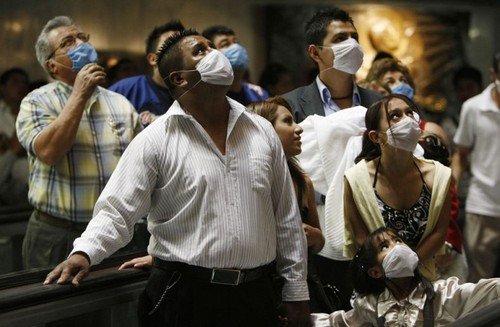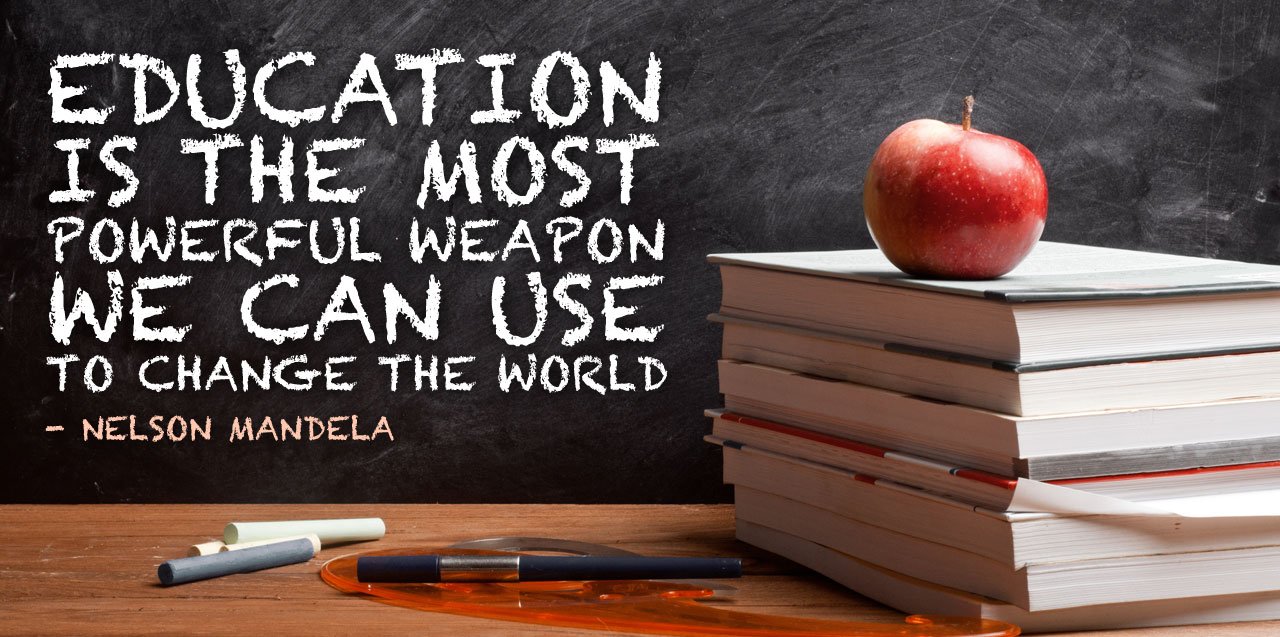some opening line of doom reminding everyone that the U.S. presidential election is just four days away
With everyone throwing in his/her last-minute bets and votes and comments and rants and questions and immigration plans on the table during the final countdown, Bill Gates decided to pitch in his two-cents on the matter by highlighting the top four innovations he suggests that the next president should focus on.
While you can easily consume the original (and far more eloquently written) article here, the following summary offers some commentary on the applications of these areas of innovation as they relate to the rest of us plebians.
In short, Gates' four areas of focus are:

1. Clean energy

2. Vaccines for neurodegenerative diseases

3. Global epidemic prevention

4. Tools for education
A rhetoric on why these issues are important will not be recounted here (refer to Gates's original article for that); instead, I'd like to engage you by asking: How can you contribute to the above priorities? The good news is, political focus on these sectors brings opportunities for people in all fields to contribute.
Gone are the days where energy development was only taken care of by the engineers, vaccine development the onus of pharmaceutical companies, epidemic triggers recorded and published by the WHO, and education left to local school teachers and funded by provincial government leaders.
All these key players continue to be the main providers of these development priorities, but the demand for global health and a shift towards environmental sustainability means everyone needs to be on board.
Let’s first consider how each of these priorities is connected to one another. #2 and #3 seem rather obvious, considering that they both focus on health issues, one in a specific sector and the other more generally. Now let’s connect #2 and #3 with #1. Smog levels in congested cities caused by greenhouse gas emissions heavily contribute to respiratory problems for its inhabitants. Massive shifts in climate wreck havoc on the local agricultural industry, where farmers suffering from droughts and soil nutrient depletion lose massive capital from decreased crop yields, resulting in a lack of nutrition and its slew of associated health complications. Milder temperatures spread disease through airborne particles and growing insect populations, as do waste-contaminated water sources. And all of this ties back to education: for policy makers deciding how to impose preventative regulations, for doctors who must be trained to deal with new diseases, for companies unsure of how to dispose of industrial waste, for farmers who need new alternatives for cultivating food on distressed land, and for rural communities who must build and maintain the infrastructure to handle and prevent the spread of disease in addition to supporting cleaner energy production and waste handling. The list goes on.
Demand for infrastructure will always be high, putting engineers from all disciplines to work. Both private- and public-sector organizations need to be investing in technical research and development of electricity sources, such as solar, hydrogen, nuclear, and so on. This will require policy makers in all industries to be on board; whether they studied political science, economics, law, history, or business—they’ve heard the scientists warn for decades that climate change was imminent due to a lack of investment in clean energy, zero-emission transportation, alternatives to large-scale animal farming, and efficient resource recycling. Engineers will need to collaborate with doctors and medical scientists to design and build appropriate biomedical equipment and infrastructure for preventing the spread of disease in vastly different regions of the world. Contributors to media such as newspaper editors, artists, and screenwriters must engage the world in these issues through their creative outlets, from screen to print to paintings on restaurant walls.
Education will require the greatest army of human professionals to develop. This is where every college degree must have sustainability practices included in its curriculum, from food science to computer engineering to sociology. We need teachers trained from all degrees to bring their trade to communities in need. Massively underprivileged societies such as those in sub-Saharan Africa and the Middle East will need an influx of permanent teachers to train workers in the aforementioned sectors of energy infrastructure and medicine. Cultural norms such as those that prevent girls from receiving education will need to be overcome, requiring experts in the fields of sociology, religion, international relations, and history to create collaborative teams of teachers capable of negotiating these cultural barriers to widespread education.
So my questions are: Where else can you contribute? What degree or trade have you studied and how can it contribute to these priorities? What changes would you make to these priorities and why? I challenge you to come up with a single profession that cannot be optimized to contribute the progressive development of these innovations.
Disclaimer: my facts come from a variety of books, articles, research papers, and discussions with academics from a diverse set of backgrounds (and opinions). If you find any claim in this post that is grounded in misconceptions, fallacy, or prejudice, please address it in the comments below to help improve this post.
